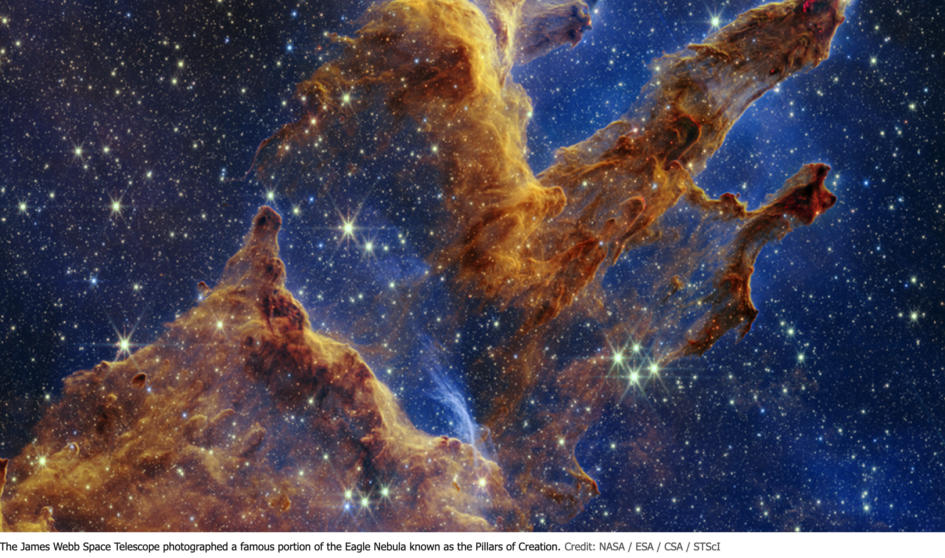Thoughts on parashat Terumah.
Imagine that a great apocalyptic catastrophe happened on our planet and you are the only human that survived it. There is still a great abundance of everything, including food, so you don’t have to worry you would starve to death. Actually, at this moment the entire planet belongs to you, for there is no one with whom you have to share it. Thus, you have more than everything you have ever wanted, or even imagined to possess. Let’s also imagine that you have some sources of energy, like electricity, so your survival till your natural death would be easier.
The question of whether you could be happy in a world like that is superfluous. That kind of scenario is truly a nightmare for 99,9% of humans. But there may be some psychopaths in the world who would enjoy it. Aristotle might have imagined such a situation when he wrote that:
He who is unable to live in society, or who has no need because he is sufficient for himself, must be either a beast or a god.
In a nightmarish scenario like that one thing would have made a huge, essential difference: another human being. If both of you were of the opposite sex and at the age of fertility, there would be a chance to recreate the human race, assuming that children of different sexes would be born (obviously this would involve serious genetic complications resulting from close kinship, but this could theoretically be eliminated after a few generations, by laws of statistic).
It should be noted here that Aristotle imagined god as the so-called unmoved mover, an abstract cause of everything and a thought thinking itself. God in our tradition is definitely “more human” – he could not stand loneliness like that and therefore created the world and us, humans. For a similar reason, God commands the Israelites to build a Tabernacle, for Him, which is mentioned in this week’s Torah portion:
And let them make Me a sanctuary that I may dwell among them. Exactly as I show you—the pattern of the Tabernacle and the pattern of all its furnishings—so shall you make it. (Ex 25:8-9)
As elaborated further by Abravanel:
The Divine intention behind the construction of the Tabernacle was to combat the idea that God had forsaken the earth, and that his throne was in heaven and remote from humankind. To disabuse them of this erroneous belief, He commanded them to make a Tabernacle, as if to imply that He dwelt in their midst, that they should believe that God lived in their midst and His Providence was ever with them. This is the meaning of: “And I shall dwell amidst the children of Israel”, “who dwelleth with them in their defilement”. It is all a parable and allegory representing the idea of the immanence of His Providence and Presence.
He commanded the installation of the laver and its base as if to warn them to “cleanse … remove the evil of your deeds”, the altar of the burnt offering, on which to burn your corporeal desires and evil impulses. In the Temple was the table, candlestick and altar of incense, vessels sym-bolising the ministering to the King of the universe, not that the Lord, Blessed be He, required any of these things – heaven forfend! But to implant in their souls that God walked in the midst of their camp.
Abravanel tells us about the (spiritual) meaning of the construction/existence of the tabernacle and its furnishings. A very interesting – and strikingly different – is the interpretation given by ancient Jewish historian, Flavius Josephus:
The three divisions of the Tabernacle correspond to the world’s three realms: the first two to earth and sea which belong to humanity; the third to the heavens which are God’s alone. There were twelve loaves of bread, corresponding to the twelve months; seven lamps, corresponding to the sun, moon, and the five planets [then known]; and the four materials in the curtain to the four elements. (Antiquities III:7:7)
Both ways of understanding the meaning of the Tabernacle’s existence have, however, something in common and complement each other: Abravanel’s concept tames and “domesticates” psychological and social reality, while Josephus’ understanding “domesticates” the cosmos. Both define the structure of reality, our place in it, and give us a sense that God – The Creator of the Universe – is constantly with us. All of that gives us a sense that our life has a profound meaning and direction, and that we should live in accordance with principles stemming from it; that living according to these principles makes our life familiar, organized and predictable, which is a necessary fundament for people to be able to be fulfilled in life and for the human community to thrive.
Shabbat shalom,
Menachem Mirski

